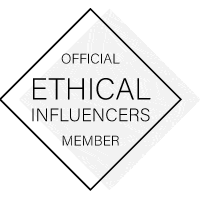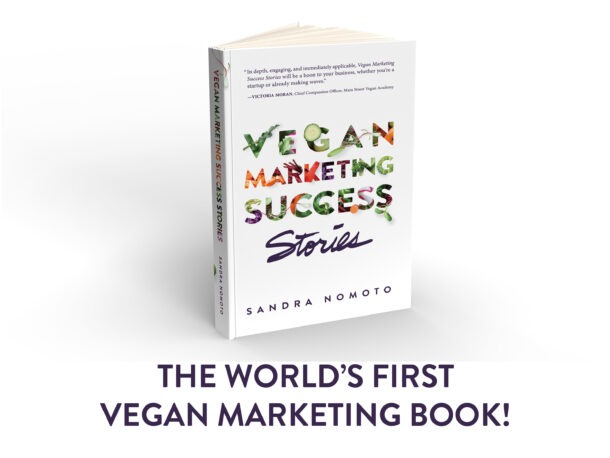The book everyone should have read before the new millennium
I’m glad I backtracked to another now-vegan classic book, Mad Cowboy: Plain Truth from the Cattle Rancher Who Won’t Eat Meat, originally published by Simon & Schuster in 1998, because it shows how little has changed in 25 years. Author Howard F. Lyman is still known as “The Mad Cowboy” and the book was co-authored by Glen Merzer.
If it wasn’t already obvious, Lyman used to be a cattle rancher. He talked right off the bat about how, in the late 90s, animal parts, including that of shelter dogs and cats, were ground up and put in both pet food and livestock feed. Cows were eating other animals, and your pets might have been eating other pets. That’s cannabalism, yo.
Lyman also made waves when he appeared on The Oprah Winfrey Show in 1996 to talk about Bovine Spongiform Encephalopathy (BSE) AKA Mad Cow Disease, which turned into a lawsuit. That was the same episode that got Oprah sued for saying she’d never eat a beef burger again. I couldn’t find that exact clip, but there’s this:
Lyman starts (and ends) the book talking about health, which is what most (North) Americans should be concerned about, but aren’t with meat consumption. Most US meat is carcinogenic, and because people (in America at the time) eat more meat than plants, they’re susceptible to the diseases that come from that. He says, “Nearly all meat in America is contaminated with such man-made carcinogens as dioxins, a family of chemicals related to Agent Orange, and DDT, the notorious chemical that was banned domestically over twenty-five years ago but that remains in the ground…”
Heart disease was the #1 cause of death and disease in the USA and it still is: “Meat kills…it is far and away the number-one cause of death and disease in America.“
When people ate vegetarian diets during wars, they had better health outcomes for cancer, osteoporosis, diabetes, and hypertension compared to people who ate steaks during times of peace.
Lyman’s farming career
Going back to the 70s, Lyman explains that his time during the war was a piece of cake compared to his time as a rancher. He would have stayed in the army if his brother hadn’t been dying of Hodgkin’s Lymphoma.
Over time, Lyman learned the farming biz and the value of each animal. Feeding grain made cows fatter and gave them more tender meat, however they had vaginal and rectal prolapses (their organs were falling out). Farming ain’t glamorous!
Confined animals are more susceptible to diseases like mastitis (udder inflammation), which makes farmers give them antibiotics, growth hormones, and insecticides, which are dangerous for humans. The insecticides killed all of Lyman’s house plants.
A health scare led Lyman to jump on the organic farming bandwagon. When he ran for Congress and lost, he sold the farm and began working in government, passing the Organic Production Act in 1992. That was when he went vegetarian (he’s vegan now).
The spread of BSE in 1989 led to roughly 750,000 cows getting infected, which, in humans, causes Creutzfeldt-Jakob disease (CJD), a genetic brain disorder that causes rapid changes in brain tissue and affects muscle coordination thinking, and memory. Not something we want to wish on ourselves or our descendents.
“The incubation period in humans of CJD is thought to be from ten to thirty years. Therefore the cases of CJD that have arisen in the first half of the 1990s could well have derived from the eating of infected beef in the early or mid-eighties, before BSE was even diagnosed.”
Using Monsanto-produced recombinant bovine growth hormones (rBGH) on dairy cows was unnecessary because of the surplus of cows in the industry. It caused pregnancy and other health issues. rBGH has links to cancer in humans, and is now only used before slaughter. rBGH is banned in Canada, the EU, and other countries.
Environmental impact
Lyman was ahead of his time when he talked about the impact of animal ag on the environment. I was in high school and saving the planet was far from my consciousness then. Lyman cleared 2000 acres of forest for his farm.
“A study at Ohio State University comparing various types of meats with various types of plant foods found that even the least efficient plant food is nearly ten times as efficient as the most efficient animal food.”
There were no limits on pesticide use for livestock crops (which means you eat the chemicals when you eat meat). His farm also produced far too much manure than what their soil needed. Today, the regenerative animal ag folks LOVE to argue for the need for livestock grazing, but Lyman points out overgrazing kills plant diversity.
The pfiesteria in pig manure emits a toxin that kills fish and harms people, which should be a no-brainer. Why are we still farming pigs?
Final thoughts
Lyman makes the link between the beef industry and the colonization of Indigenous Americans. Again, far ahead of his time. He ends the book talking about the obesity epidemic in the US, which has led to a diet culture and doctors touting the diets they like (hello, keto). Again, nothing has changed in the 25 years since publishing the book.
When Lyman cut out meat and seafood, his cholesterol dropped from 300 to 140. He talks about how people can switch to a vegetarian or vegan diet. I like to imagine he’s been successful in changing the minds of his fellow cattlemen. But maybe that’s thinking too optimistic.
Need a book coach, ghostwriter, editor, or formatter to help you create your non-fiction book so you can get it in the hands of readers? Read more about my services here and contact me if you’re ready to begin!






